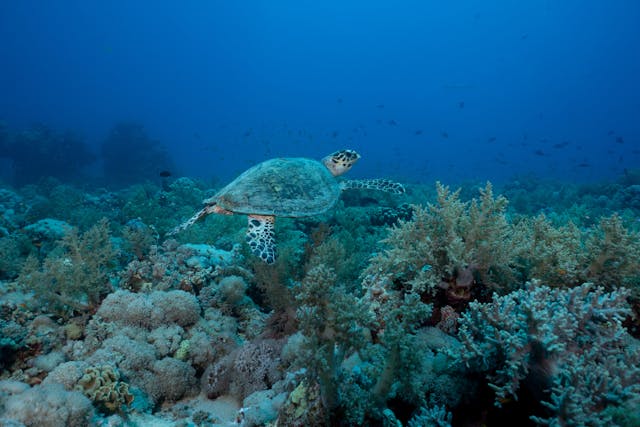Khao Lak, with its stunning beaches and crystal-clear waters, is a snorkeller’s paradise. Nestled along Thailand’s Andaman Coast, this coastal gem offers a unique opportunity to explore vibrant marine life and breathtaking underwater landscapes. Whether you’re a seasoned snorkeller or a curious beginner, Khao Lak has fascinating adventures in store. Make the most of your snorkelling adventure in this tropical haven with these insights.
Explore the Rich Marine Biodiversity
The waters surrounding Khao Lak are teeming with life. Snorkellers can encounter colourful coral reefs, schools of tropical fish, and even majestic sea turtles. The nearby Similan Islands, a national park, are renowned for their rich marine biodiversity, making snorkelling one of the most sought-after things to do in Khao Lak.

Comfortable Stays Near Snorkelling Hotspots
For a seamless experience, choose accommodations that offer easy access to snorkelling locations. Resorts like Avani+ Khao Lak Resort provide not only luxurious stays but also opportunities for snorkelling and diving excursions, ensuring your adventure is both comfortable and exhilarating.
Best Snorkelling Spots
From the serene waters of Khao Lak Beach to the vibrant reefs of the Similan Islands, each location offers its own unique experience. The idyllic Koh Tachai and Koh Bon are also popular spots known for their crystal-clear visibility and stunning underwater landscapes.
Guided Tours for Hassle-Free Snorkelling
For those who prefer a structured experience, joining a guided snorkelling tour is an excellent option. These tours provide all the necessary equipment, expert guidance, and transportation, allowing you to focus on the beauty beneath the surface without the stress of planning.
Eco-Conscious Snorkelling Practices
To preserve Khao Lak’s stunning marine environments, it’s essential to adopt eco-friendly snorkelling practices. Avoid touching the coral, use reef-safe sunscreen, and consider participating in conservation programs to help protect this delicate ecosystem.
